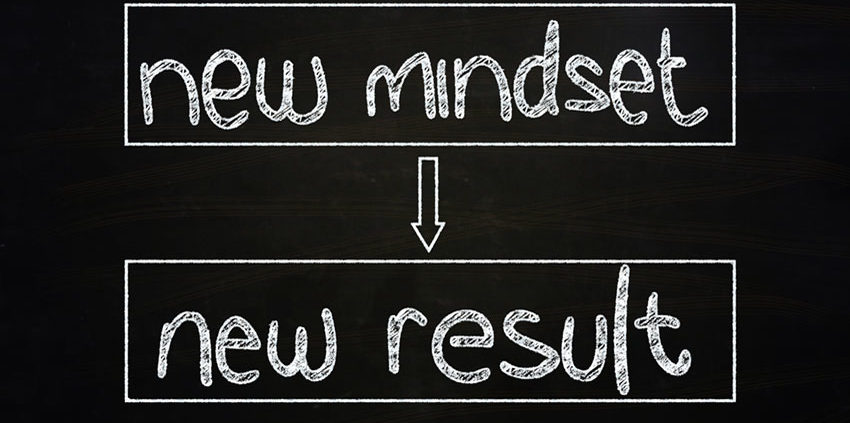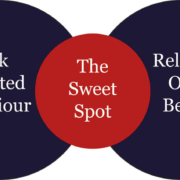Change Leadership
Change Leadership
Learning to Adapt is Key to Leadership Success
Change Leadership is about remaining flexible and adaptable during change and may be the most important leadership skill you can develop. Successful leaders learn from their mistakes, adopt new behaviours and become lifelong learners. Those who don’t accept external change and do not adapt their leadership accordingly are likely to be fired, demoted or reach a career plateau.
“The leading reason managers with impressive track records and high potential get knocked off the career track is their inability or unwillingness to change,” says CCL’s Jean Brittain Leslie. “Some managers resist modifying their leadership style, believing it is something that cannot be changed. Others insist that whatever worked in the past will continue to work in the future.”
Leaders who are flexible in the face of change can learn the business, learn from mistakes and are open to learning from feedback. Change Leadership is self-controlled, self-assured and maintains composure under stress – all key elements to successful change leadership. Managers who don’t adapt are described as avoiding risk, disliking authority figures, closed to feedback, unable to handle pressure and not strategic.
Some managers need to modify their management style as they move higher up in the organisation or take on different types of leadership roles. Others remain in their roles but are faced with challenges that require new leadership tactics.
To improve your ability to adapt your leadership style and develop new change leadership tactics, try these strategies:
- Get beyond conflict with your boss. If personal or professional conflicts arise with a new boss (or a current one), take steps to ease the situation. Clarify what your boss expects from you and what you expect from your boss. Handle every matter that affects your relationship with your boss as a priority item.
- Identify one specific area where you feel you are stuck in the past. Determine what it would take to get up to speed or to change your behaviour. Set goals, enlist support, then make it happen.
- Understand the culture of your organisation. Do you really know how decisions are made? Do you understand the collective thinking, assumptions and goals? Pay attention to the unspoken rules to learn how to work within the system and be prepared for change.
- Seek ongoing feedback. Ask for feedback that concentrates on a single situation, describes your behaviour in that situation and communicates the impact of your behaviour. Be sure the feedback giver tells you about your process for getting the job done, not just how well or badly you performed.
- Develop self-awareness. Recognise and understand your behaviours and emotional reactions to change. Stay connected to your values, don’t let success go to your head and modify your leadership style according to the situation.
Reference: 2003 Jean Brittain Leslie: Centre Creative Leadership.








